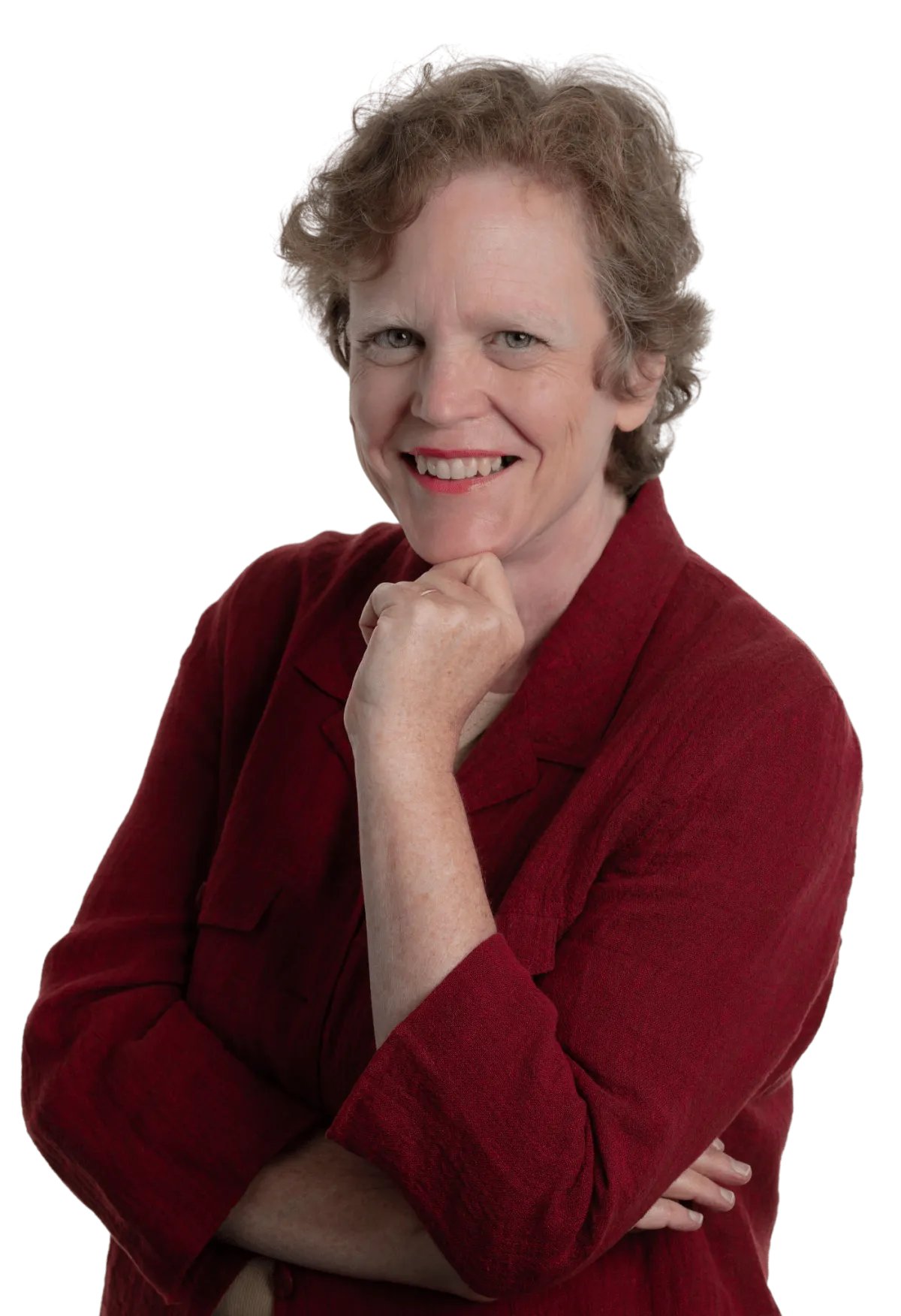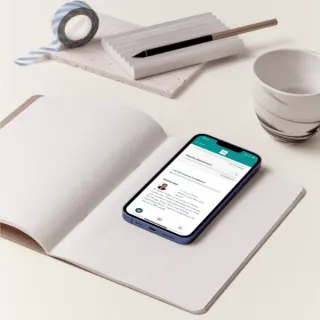Ethics of Inclusion
Study Results
The study sought to explore whether people of working age with invisible illnesses are included and belong in their church communities in the Church of England.
I focused on people with unseen illnesses or chronic conditions that are not immediately obvious, such as ME and Long COVID . Their church communities might include in-person, hybrid and/or online churches.
I wondered how much do these people feel they really matter and belong?
Find out more ...
Hi. I'm Penny Pullan...
This research study was part of my Durham University MA in Theology, Mission and Ministry. I completed this through St Hild College in 2024. My supervisor for this project was Dr Sally Nelson. I'm also a Reader in the Church of England.
My husband has suffered from ME since 1990, which is where my interest in this topic started.

What came out of the study?
Ethics of Inclusion webinar (October 2024)
Church of England article on the study (short and easy to read from March 2025)
Church of England Disability Newsletter focused on Invisible Illness and Hidden Disabilities (Spring 2025)
This has contributions from lots of different people, some of whom were participants in the study.
Pre-print of my upcoming Springer book chapter:
‘I Have Disappeared’: Long COVID, ME and Inclusion in Church Communities
Church Times article from 2021 that started me thinking about this:
What came out of the study?
The Full Dissertation (September 2024)
Church of England article on the study (March 2025 - easy to read and short)
Church as experienced by those with invisible illnesses
This was followed up with an accessible webinar open to everyone, supported by signing.
Church of England Disability Newsletter (Spring 2025)
This has contributions from lots of different people, some of whom were participants in the study.
Ethics of Inclusion webinar (October 2024)
Link to YouTube Recording which includes discussion in the comments
Slides from this webinar (October 2024)
Pre-print of my upcoming Springer book chapter:
‘I Have Disappeared’: Long COVID, ME and Inclusion in Church Communities
Church Times article from 2021 that started me thinking about this
The Research Question:
How are people of working age with invisible illnesses and chronic conditions
(particularly those with Myalgic Encephalomyelitis (ME) and Long COVID) included in their Church of England church communities, whether in-person, hybrid and/or online,
and how much do they feel they really matter and belong?
People who joined the study answered 'Yes' to these questions:
Do you have an invisible illness or chronic condition?
Is your condition ME, Long COVID or similar?
Are you a member of a Church of England community?
e.g. Parish church, cathedral, chapel or church plant
Are you of working age, 18-65?
Are you able to complete a survey online?
Do you have a long-term, invisible chronic condition?
Is your condition ME, Long COVID or similar?
Are you a member of a Church of England community?
e.g. Parish church, cathedral, chapel, church plant
Are you working age, 18-65?
Are you able to complete a survey online?

{#} DAY GUARANTEE
GET RESULTS OF YOUR MONEY BACK!
Explanation of your Guarantee. Why are you giving a guarantee? How long is it for? What are the conditions? Use this to build confidence
FREQUENTLY ASKED QUESTIONS FOR STUDY PARTICIPANTS
(information from the Participant Information Sheet)
What's the purpose of this study?
I am seeking to explore whether people of working age with invisible illness or chronic condition are included in their church communities in the Church of England. I’m focusing on people with long term chronic conditions that are not immediately obvious, including ME, Long COVID and similar conditions. Their church community might include in-person, hybrid and/or online church. I wonder how much do these people feel they really matter and belong?
What will happen as part of the study?
If you decide to participate, then you will be asked to read through the participant information sheet (or these FAQs) and then go ahead and start the questionnaire by clicking the button on this page.
The first question will ask for your consent. The questionnaire will ask you questions about your experience of church. I recognise that inclusion can be a sensitive topic so you can choose to answer as few or as many as you feel comfortable.
The last question asks if you are interested in the possibility of a follow up interview with me (for up to 12 people). It asks for your contact details if so. This second stage consists of one Zoom interview, which will have a separate information sheet and consent form.

Do I have to take part?
No, participation is completely voluntary. You can withdraw yourself from the study at any time without any negative repercussions by emailing the main researcher penny @ pennypullan.com (remove spaces). You can withdraw your data from the study up until the point it has been anonymised, after this point it will be analysed and written into the research.
Will I receive any payment to take part in the research?
No, there are no direct payments or other financial benefits to taking part in the research.
Are there any possible disadvantages or risks to taking part?
The questions asked can be emotive and there is a possibility that you may find reflecting on your experiences of inclusion (or the lack of it) distressing. I suggest that you might like to arrange someone to talk to to support your participation in this study.
What are the likely benefits of taking part?
Some participants find that sharing their experiences and, for those who continue to interview, having someone listen to their experience can be beneficial. I hope that results from this study will help churches to better understand how to be truly inclusive for those with invisible illnesses.
Data Security for the Study
The data will be used anonymously in the MA thesis and could also be included for conferences and in publications. Your data will be stored securely on the laptop of the researcher and in the researcher’s cloud space. Anonymised quotes may be included in the MA thesis with your permission. If you wish, you can request to see anything published as a result of this study, whether the MA thesis or further publications based on this research.
Who is the researcher?
Penny Pullan, MA candidate at St Hild College, part of YTEP, studying for the Durham University MA in Theology, Mission and Ministry: penny @ pennypullan.com (remove spaces to email Penny). Penny is a Reader in the Church of England and her husband has suffered from ME for 33 years. The supervisor for this project is Dr Sally Nelson.
How are participants selected to be part of this study?
There is an open invitation for people who meet the conditions of this study and live in England to apply to join by filling in the questionnaire. Please take part in the questionnaire directly, rather than via a carer.
Ethical Statements
This study has ethical approval from the ethics committee at YTEP, the Yorkshire Theological Education Partnership. This study will involve asking you for your contact information, religious views, experience of illness and experiences of church. Data will be stored and processed according to GDPR, and destroyed two years after the completion of the study. You are reminded that agreement to participate in the study does not affect your legal rights.
Contact details
To contact Penny, email penny @ pennypullan.com (leaving out the spaces).
If you have any complaints about the study, please feel free to contact me or my supervisor Dr Sally Nelson. If you feel unable to contact either of us or are unsatisfied with our response you can contact the Dean of Academic Studies at St Hild.
Taking part
If you decide you would like to take part, please indicate your consent in the first question of the questionnaire.
What do we mean by the Church of England in this study?
All church communities within the CofE are included in this study. The following is a non-exhaustive list of what is included:
Parish churches that exist either as a single parish benefice, parishes that are held in plurality, multi-parish benefices, chapels of ease, and peculiar or proprietary chapels
Bishop’s Mission Orders and other church plants or fresh expressions
Cathedrals
